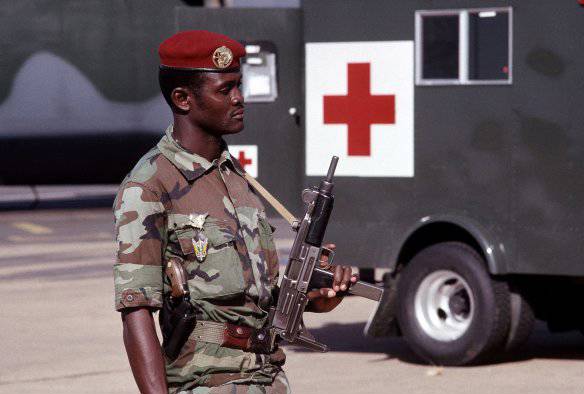
RedLines project leader Kristina Roepstorff presented her work at the panel "Invisible Frontiers: Locals Leading Humanitarian Negotiations"
See the herein link for the panel recording (from 2:25:00) and see below for further details on the panel.
"In recent years, the working conditions for humanitarians have become more difficult, volatile and insecure. This has increasingly created INVISIBLE FRONTIERS for humanitarian actors operating in fragile contexts. This panel looks at the changing environment for HUMANITARIAN NEGOTIATIONS, especially for local actors who are at the forefront of humanitarian responses and regularly conduct negotiations for humanitarian access. Yet, they are often the least protected and their needs are not always considered. This panel therefore explores different perspectives, experiences and learnings from locally led humanitarian negotiations. Speakers representing local organizations from Afghanistan, Nigeria and Venezuela share their strategies to secure humanitarian access. Different approaches to negotiations and how to handle practical, security and ethical dilemmas are discussed. Overall, the panel shows practical solutions for humanitarian negotiations from local actors, and how international actors can support them best in doing so.
*Hamsatu Allamin \| Founder and Executive Director\, Allamin Foundation for Peace and Development* *Khalil Karimi I Head of Operations, Razi Social Development Organization (RSDO)* *Arquímides Farías \| Senior Analyst\, Humanitarian professional* *Dr\. Kristina Roepstorff \| Senior Researcher\, Peace Research Institute Oslo \(PRIO\)*
Chair: Armando Palacios | Network Security Advisor, Médecins du Monde"





